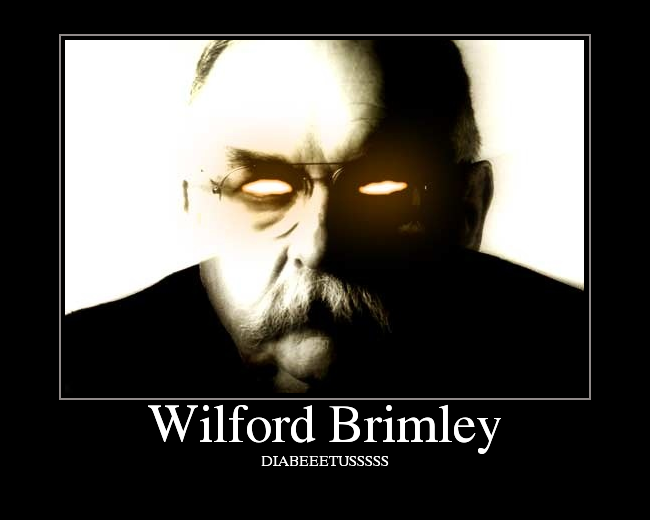I'm enjoying everyone's contributions to this conversation. May I suggest that in matters of spirituality, there's no need to follow anyone or cite authorities. We are our own authorities.
Three replies:
Ken Wilber is an extremely well-known philosopher and integral theorist, and much of his work dealt with finding commonalities between different meditative traditions. Like many people, I am a fan of his work, and its often easier for me to quote or reference Wilber than to try to directly quote from Vedanta, or Buddhism, or Taoism, all of which I practice btw.
If ones definition of spirituality equates to narcissicism perhaps. If spirituality means the pursuit of inner wisdom regarding the transcendent, then an honourable attention to authority is necessary.
Only someone living in a Protestant country, and taking it for granted, could say that.
And Protestants, they tell me, are never more Protestant than when they are alone.
No one, for instance, would ever suspect the Lone Ranger of being Catholic.
We might suspect Shakespeare of being Catholic, but never the Lone Ranger.
Wow. Well, that got a reaction.

Probably I should elaborate on what I meant. Not that any of you have to agree, even then! You can preface everything written below with "it seems to me . . ."
People come to the pursuit of spirituality -- or the pursuit of happiness or fulfillment or contentment or bliss through spirituality/metaphysics/etc. -- for many reasons. Perhaps they come because they've had an unexpected, overwhelming 'oneness experience' and now feel a drive to explore and to place what happened into some kind of context (or they want to know how to live in that kind of mode always). Perhaps they've had a life trauma that they need to process and get a handle on because otherwise they're going under. Perhaps they've been increasingly troubled by not being able to figure out Life, the Universe, and Everything. Etc.
There's no problem with exploring, reading. It feels, in fact, a privilege to be able to explore parallels between countless world spiritualities -- this is a relatively new development. Although, as Tolstoy lamented, maybe it would have been easier just to be an isolated-village peasant and not know all this 'stuff'.
But I do think that there may come a time (perhaps not for everyone -- who am I to say) when it's best to let the learning go and face the universe, or perhaps the void, while standing on the shoulders of a variety of giants if that's our modern lot, but still, in all one's aloneness.
There's a point at which we are, in fact, our own authorities. I'll omit quoting Emerson on the subject, or citing what people said of how Jesus taught them.

The point is that there is no real Western equivalent of a Zen Master, that's why you couldn't name any examples. Hippies come closer than any subculture we have here.
Some things about the East are unique to the East.
I like that answer. Well, actually, a lot of the answers, but that one in particular. Western organizations enabling Zen masterhood aren't obvious, so our Zen masters (assuming of course that we have any, and in my opinion we do) would be scattered: sprinkled throughout different organizations and sometimes solitary. There are also the popular spirituality and neo-advaita crowds; I don't remember if those teachers or organizations have been mentioned in this thread, for example Eckhart Tolle or Byron Katie.
Anyway, sorry if I stepped on any toes. Go forth and read and cite!

Since there appear to be some here who have an interest in Christian mysticism or Christian 'other' -- I don't know what people may prefer to call it -- I'll add a couple of modern names in case people might find their insights of interest or of use (sorry if someone has already mentioned them in this thread): Bernadette Roberts (three books now I think)
Amazon.com: The Path to No-Self: Life at the Center (9780791411421): Bernadette Roberts: Books
and a friend, Raymond Sigrist
Amazon.com: In Love with Everything (9780741455994): Raymond Sigrist: Books






 you beat me to it
you beat me to it

